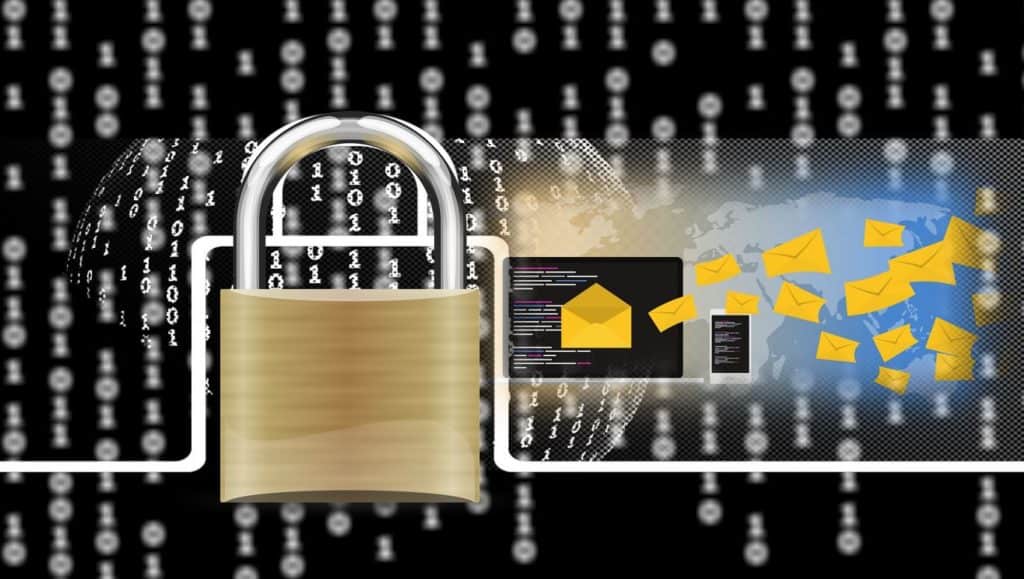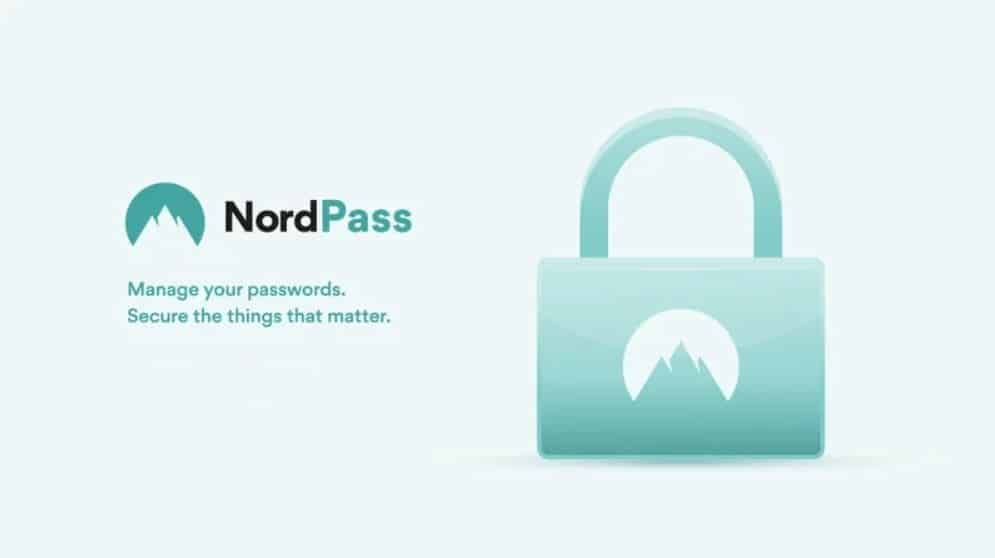
Hopefully you can see the importance of this online privacy and online security information series we are putting together for you.
Every additional piece of information just seems to be more and more important.
The best way to utilize this information is to take it in, put it into effect and stack it. This will hopefully give you a good base layer of protection online.
So, if you have not already read our previous online privacy/online security info, here are the links so you can go back and get informed:
Online Security 101 – Protecting Your Personal Data Online
Data Breaches Put Your Personal Info At Risk
Your Options Once Personal Data Is Compromised
Credit Monitoring & ID Theft Protection
Data Brokers – Who Is Collecting Your Data & Why
Think Online Security With Your Cell Phone
Security Keys – The Future of Online Security
Protecting Your PC Using Firewalls and Antivirus Software
The Importance of Having a Secure Password
Virtual Private Networks and How To Use Them
The Need For Encryption
Way back in the early days of the internet all emails were unencrypted. We just let our words zip around the world in plain text. This was, understandably, a significant security risk. Anyone who intercepted these transmissions could easily read whatever message was sent.
Now two of the biggest email services, Gmail and Outlook, offer limited encryption services for free and by default. Encrypting messages has become so common place that even instant messaging services like Whatsapp and Facebook Messenger offer encryption as well.
But what does this all mean?
Honestly, very little.
Major email carriers such as Gmail, used by most people, including us, reads all of your emails.
If you already know this, you might think that using an instant messaging app like Facebook Messenger would be a better alternative… NOT SO MUCH!
Messenger not only reads all of your instant messages (yes, they see those pictures you are sending), they keep a copy of them (even if you delete them).
Oh, want another piece of information that most people don’t know… law enforcement has backdoor access to Facebook and they can also read everything you do, everything you’ve ever posted and every message you’ve ever sent.
Even if you’ve done nothing wrong and think you have nothing to hide… this is still a major intrusion into your privacy. You may think they would need a warrant, and while they do, is there any chance in today’s world you think this happens every time before they start looking?
I wouldn’t hold my breath…
How Email Encryption Works
The process of encrypting an email is sort of like passing a coded note around in school. You knew what a code was and so did the person receiving the note, but if anyone else were to read it (like a teacher), it would hopefully look like gibberish.
Depending on the encryption service you use, your message will either decrypt only when it has arrived at the intended recipient or it will decrypt when it reaches the servers of your provider.
The most secure form of email encryption is end-to-end encryption where the message is encrypted by the sender and is only decrypted when it has reached the recipient. This way there is not vulnerable halfway point where the contents of your message can be accessed if your encryption service/email provider is ever compromised.
Email Encryption Process
In the past, the process of encrypting one’s messages was complicated and required a fair amount of computer savvy.
You would have to set up encryption keys, publish a public key for people to use when they wanted to send you messages, keep a private key safe for decrypting said messages, etc.
If all of that sounded like gibberish that’s totally ok!
You don’t need to know any of it to benefit from email encryption. There are now several email encryption services that do all of that work for you like ProtonMail and HushMail.
Of course, for this to work wouldn’t both the sender and the recipient need to be using the same email encryption service?
Nope!
If you have to email someone that is using Gmail for example, depending on the service, your message can be converted to a secure, password-protected webpage to which they will be sent a link.
Protect Yourself With Torguard VPN
Use Code CCM At Checkout – Save 50%
Benefits & Drawbacks of Email Encryption
If you listen to some government agencies you would believe that the only people who use an encrypted email service are hackers, cartels and people how conduct illegal activities.
Nothing could be further from the truth!
With most business and personal communication happening online, maintaining privacy is more important than ever. By encrypting your messages, you make it much more difficult for a third-party to intercept any sensitive information.
Some things to consider that you might want to keep private might include your medical information.
Does that make you a criminal?
Well, these days it might… but we’re not going to go down that path or we might get censored.
To be truly unbiased, you need to understand both sides of a story. So, what are the downsides of using email encryption?
The greatest downside to email encryption is that both sender and recipient must be using the same encryption software in order for the entire process to move smoothly. There are work arounds (as described above) but this is inconvenient if done regularly.
Given the way things are currently set up, especially with mobile devices. The only way they work properly is for example with Android devices, you need to use Google.
At the end of the day, Google IS NOT YOUR FRIEND. Thus, anyone you email frequently must use the same service for it to be fully effective.
Disclaimer
The information provided here is for INFORMATIONAL & EDUCATIONAL PURPOSES ONLY!
View our complete disclaimer on our Disclaimer Page


